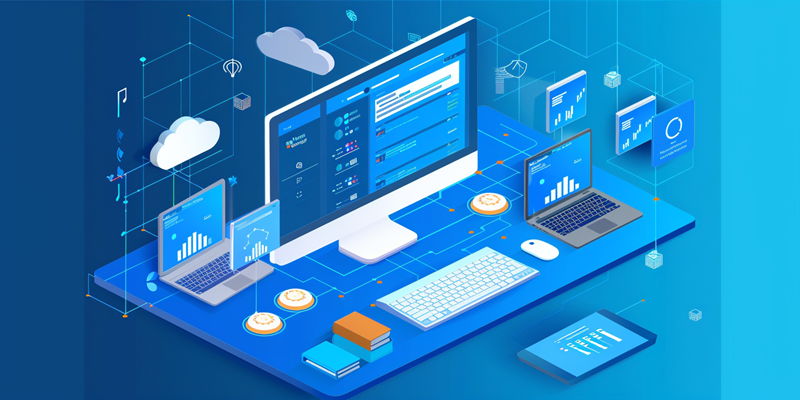Salesforce, renowned for its revolutionary influence on Customer Relationship Management, is breaking new ground with a strategy that could redefine the future outlook of CRM technology. Embracing an “open model” dynamism, Salesforce now encourages customers to employ third-party large language models (LLMs) while ensuring enhanced security and trustworthiness through an AI ‘trust layer.’ This novel approach, dubbed the “BYOLLM” or “Bring Your Own LLM” policy, marks a significant step toward customer empowerment, acknowledging the diverse preferences and requirements businesses bring to the table. The trust layer, developed by Salesforce, is a testament to their commitment to maintaining a standard of reliability in AI-generated content, a critical aspect considering the company’s stature in the domains of sales, marketing, and customer service.
Enabling Customer Choice with Safeguards
The BYOLLM strategy underscores a pivotal transformation in how companies like Salesforce approach generative AI technology. By allowing customers to plug in different third-party LLMs, Salesforce acknowledges the marketing landscape’s shift toward adaptability and customization. This flexibility, however, comes with the challenge of ensuring content reliability and safety, which is where the AI ‘trust layer’ plays a crucial role. Designed to be model-agnostic, the trust layer functions as a safety net, providing real-time content assessments and compliance checks to prevent the propagation of undesirable outcomes or breaches of ethical standards.
Salesforce’s vision goes beyond mere innovative technology integration. The company aims to augment human productivity within core sectors via powerful generative AI tools. For instance, by automating routine conversations and tasks across various communication platforms, Salesforce’s generative AI can significantly streamline customer service operations. Additionally, for a marketing expert aiming to launch a complex multilingual campaign, these AI-powered solutions offer indispensable support, thereby slashing timeframes and boosting efficiency. Such integration illustrates Salesforce’s prowess, as they leverage cutting-edge technology to refine and enhance the user experience.
Building a Trustworthy AI Ecosystem
Salesforce’s Senior VP of AI, Jayesh Govindarajan, emphasizes the critical role of safety and reliability in AI integrations, particularly when dealing with sensitive customer data. To maintain user trust, they’ve developed a ‘trust layer’ within their AI framework. This layer acts as an ethical safeguard, ensuring AI operates within the highest standards of reliability and ethics to prevent harm to user reputation or customer trust. As Salesforce embraces generative AI, this trust layer becomes fundamental, allowing clients to deploy AI with confidence, assured of ethical compliance and reliability. Salesforce is not just incorporating advanced technology; they’re weaving responsibility and trust into their corporate fabric, setting an example in responsible AI usage for the tech industry.

